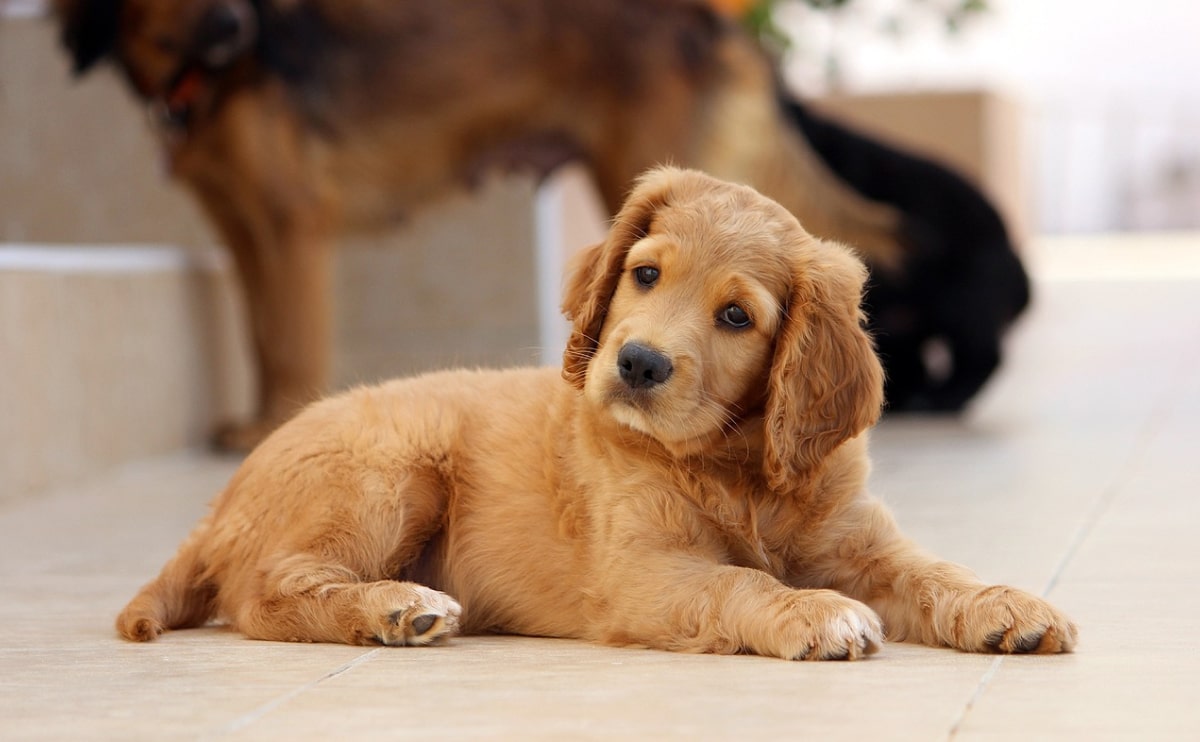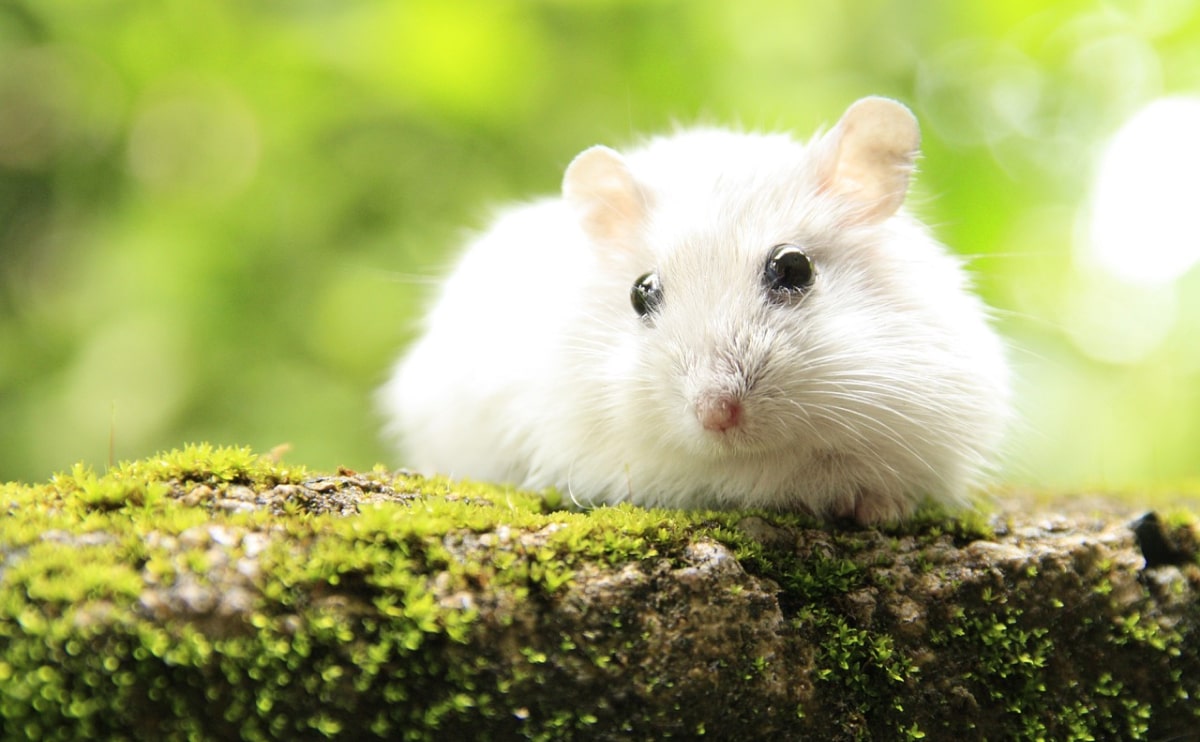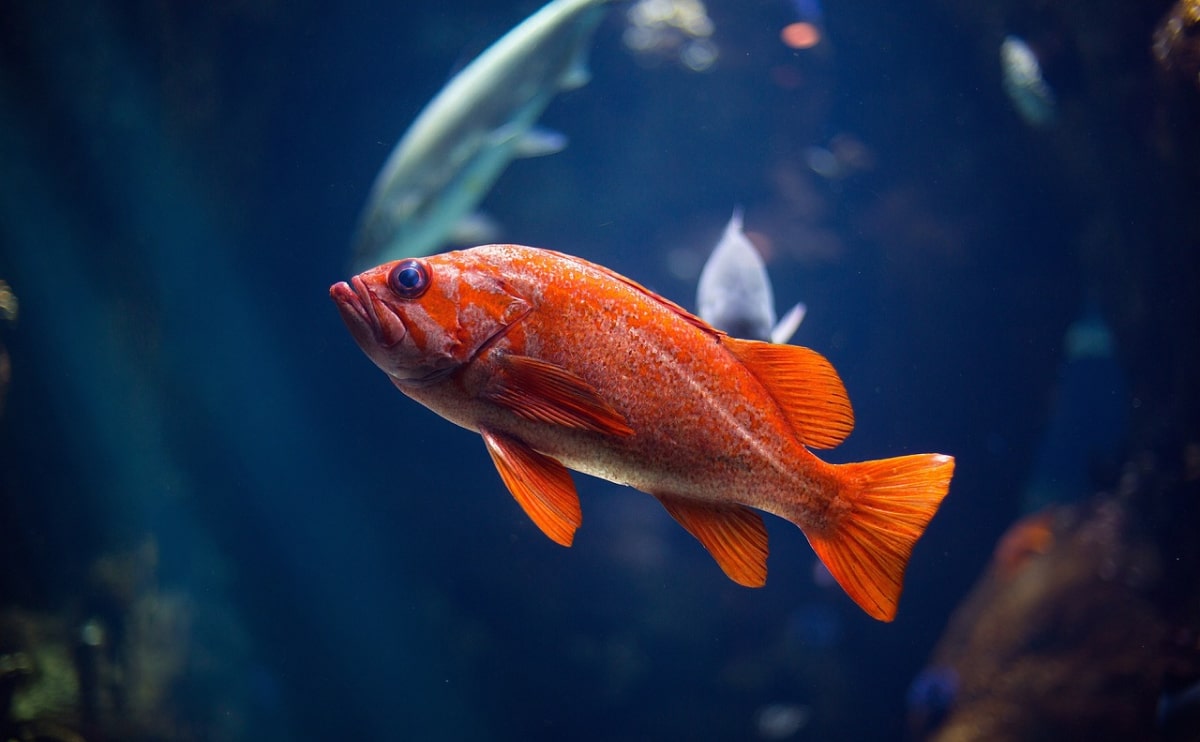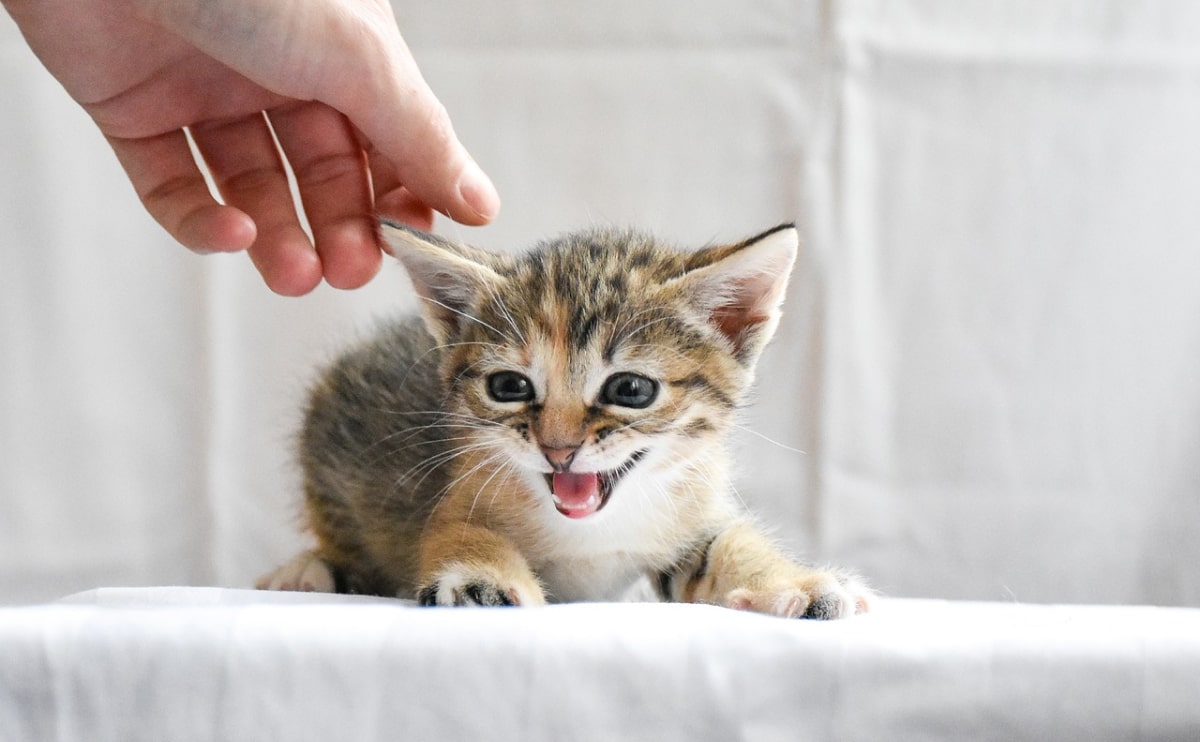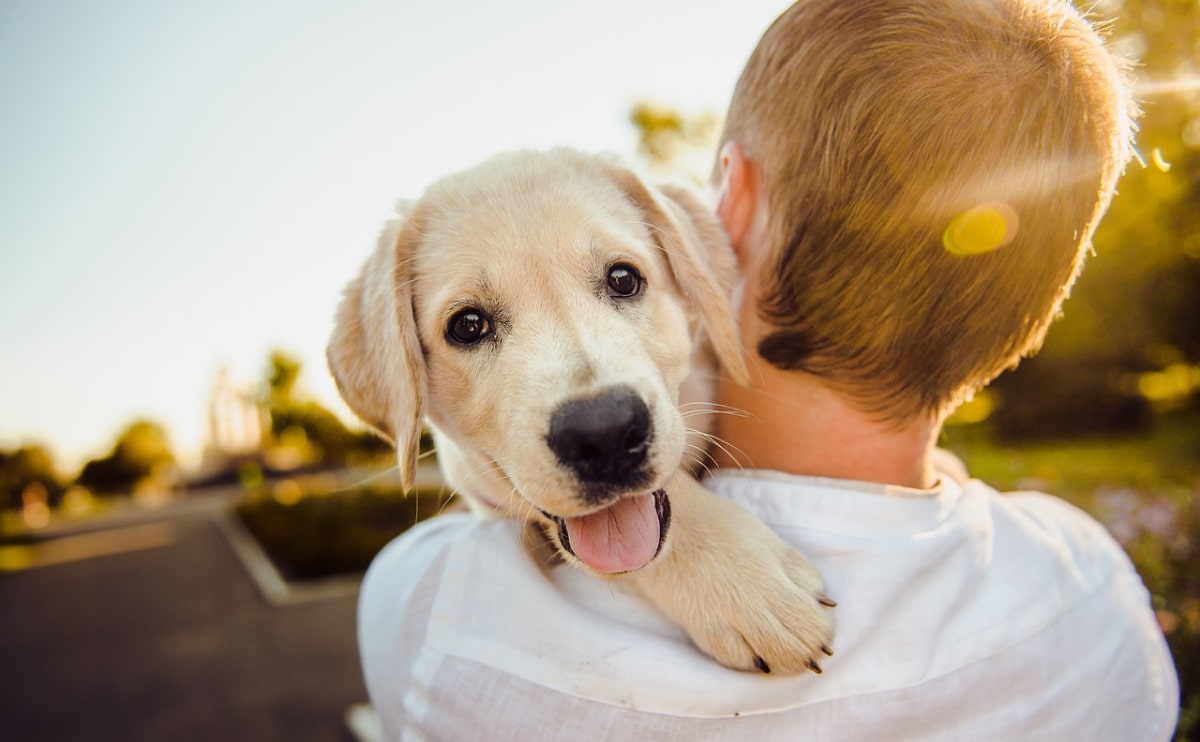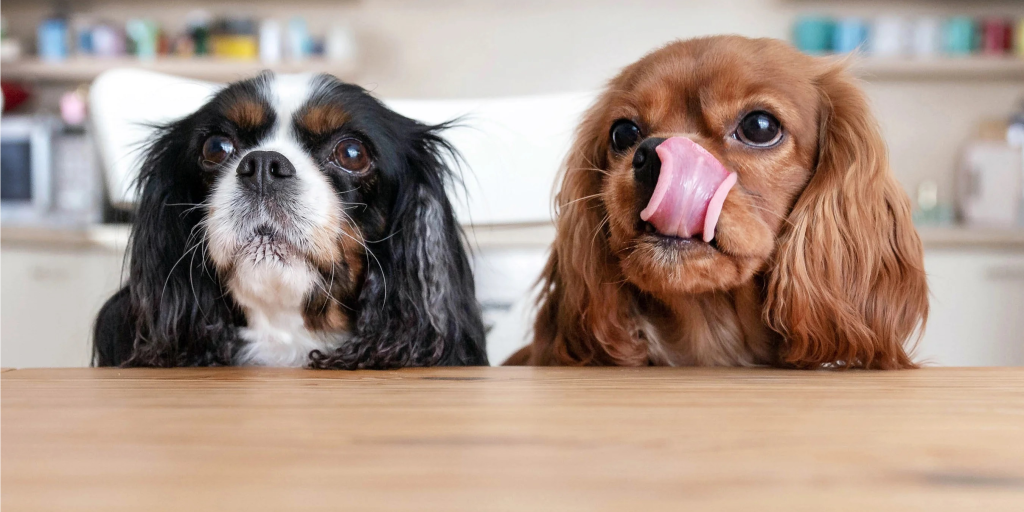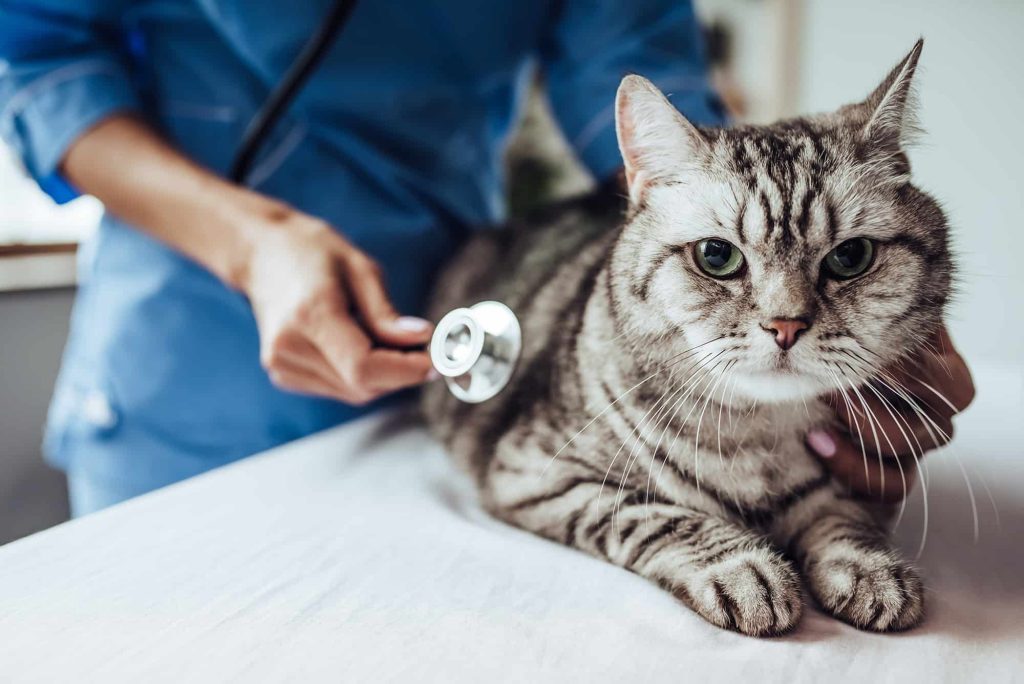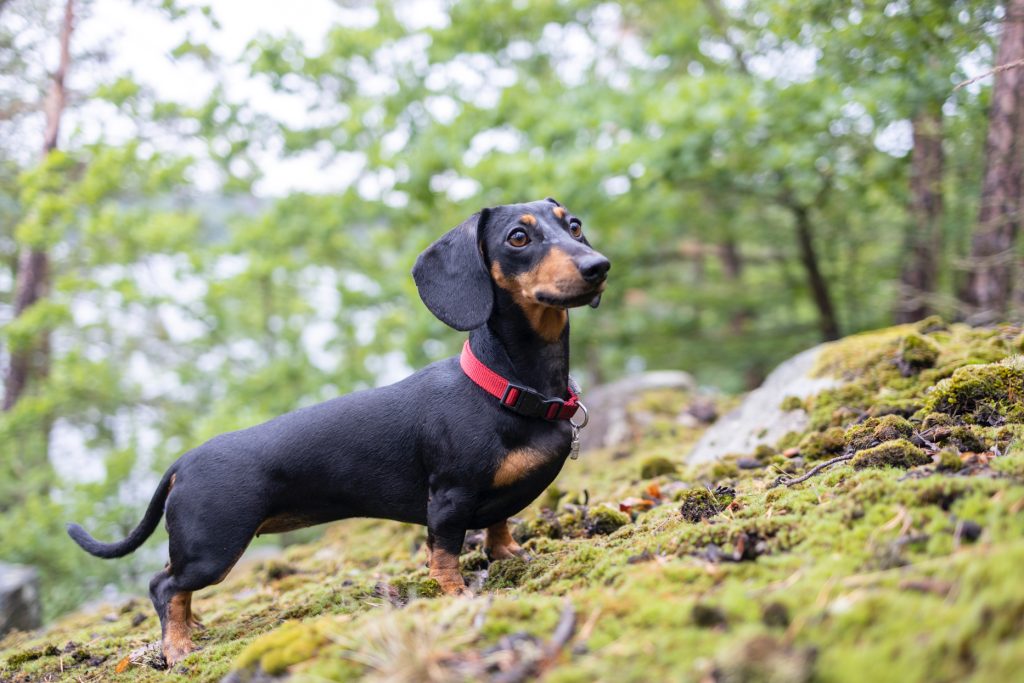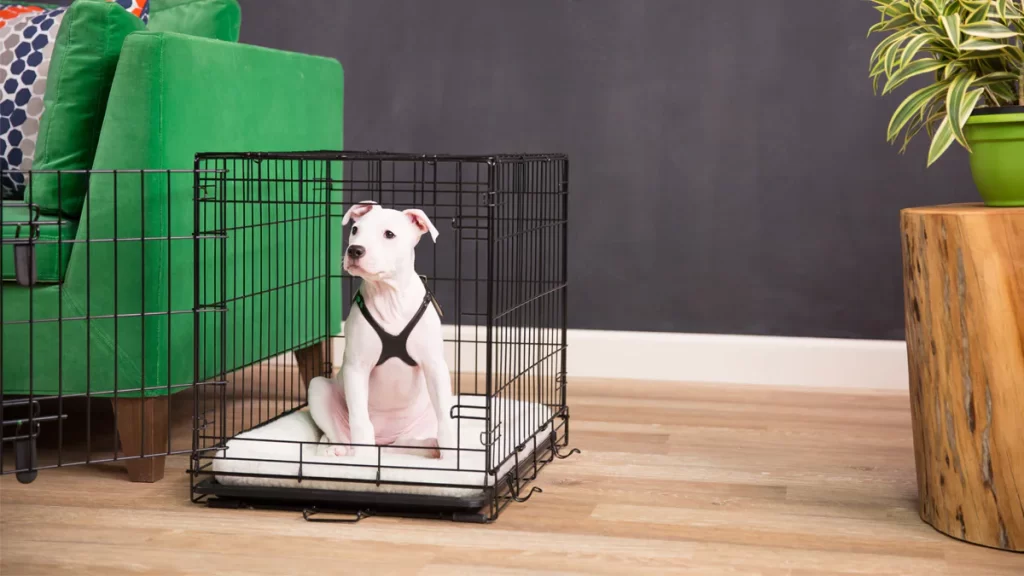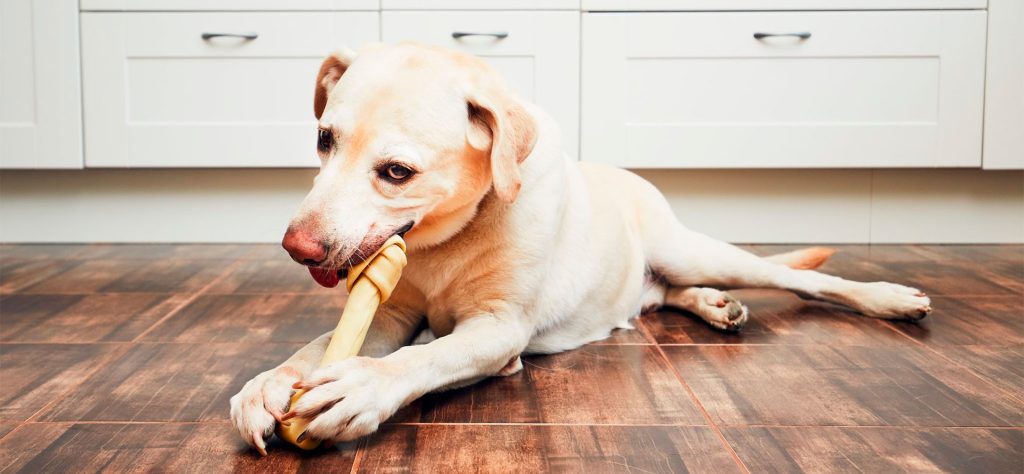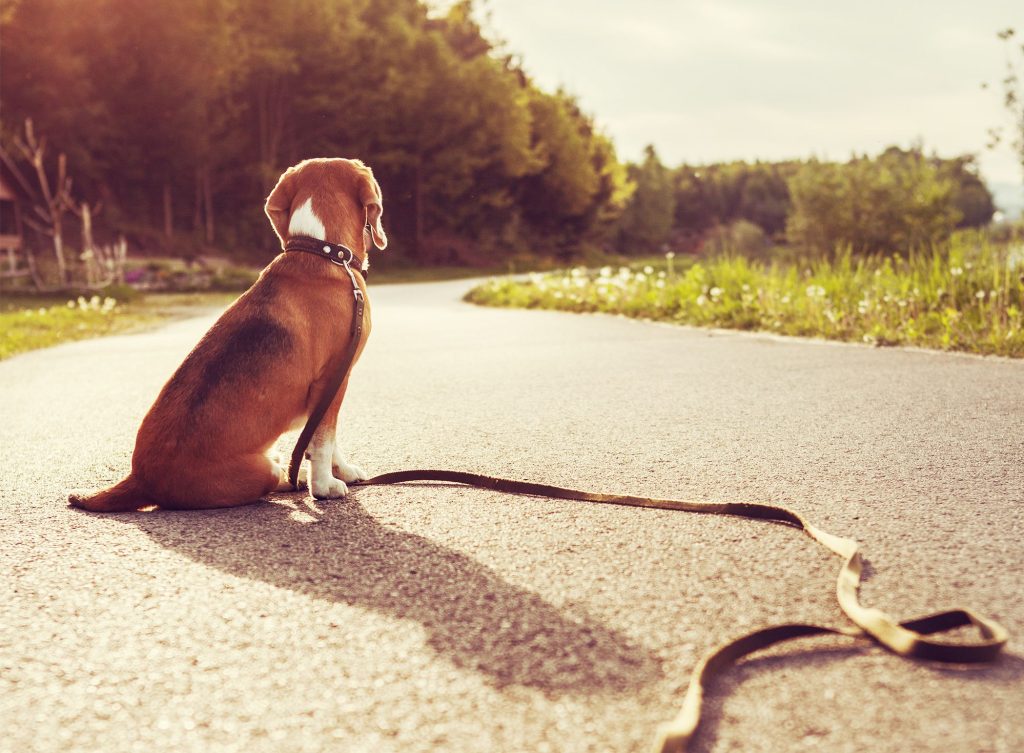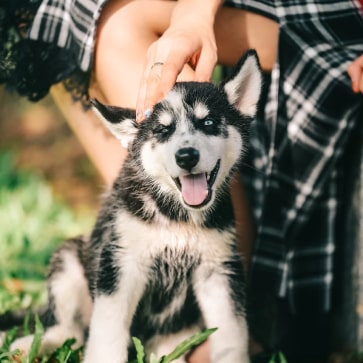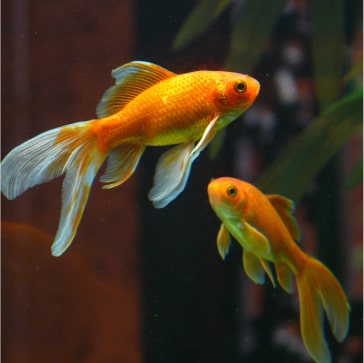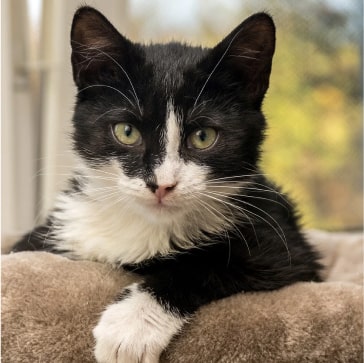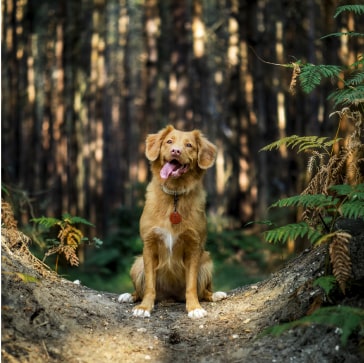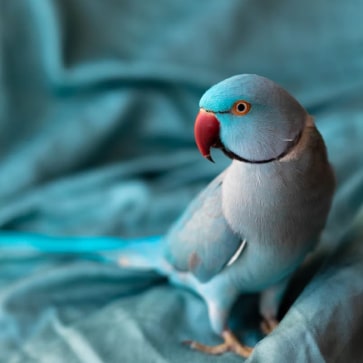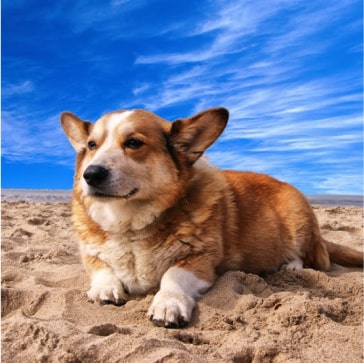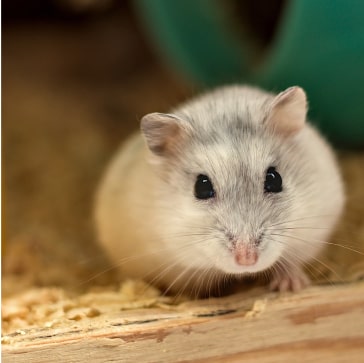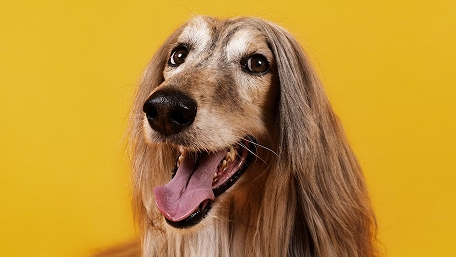Blog
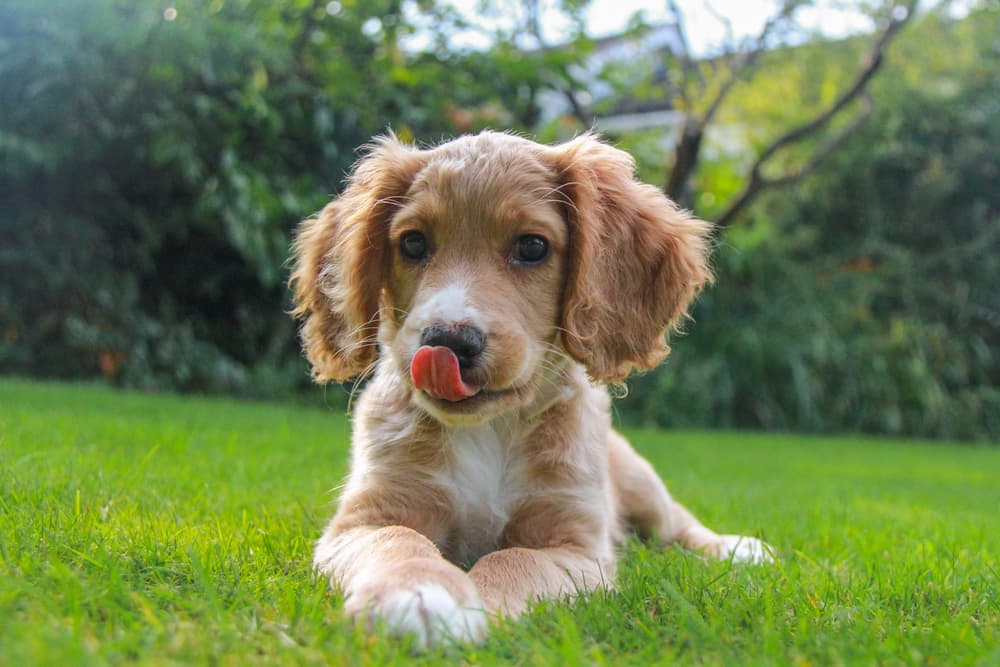
What Causes Dogs to Lick the Air? 13 Reasons and Suggestions
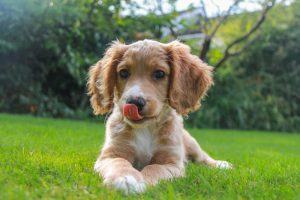
Dogs licking the air can be triggered by a variety of factors, some of which are typical or acceptable behavioral displays, while others may suggest a more significant behavioral or medical condition. Continue reading to discover the most prevalent reasons why dogs lick the air.
The 13 Most Common Reasons Dogs Lick the Air
1. Smelling
We all know dogs have an incredible sense of smell, but did you realize they have a specific smelling organ called the vomeronasal organ? Pheromones, chemical signals, and scents are detected by the vomeronasal organ (or Jacobson organ) receptors. To reveal the vomeronasal organ receptors, dogs and certain other animals curl their top lips and open their mouths. The Flehmen reaction is the name given to this type of conduct. Licking the air can be employed to try to direct additional air-dissolved particles into this organ’s receptors.
2. In Anticipation of A Meal
Dogs may begin licking the air as they anticipate the arrival of food or as an indication of hunger.
3. A Mimicking Performance
When scratched in locations where they cannot reach, some dogs lick the air as an imitation act of the scratching itself. This action is comparable to how most dogs move a rear leg quickly replicating a scratching movement in response to having particular portions of their tummies touched.
4. Skin Irritant
When dogs’ skin is irritated or they are itching in places they can’t reach, they may lick the air to simulate scratching. If your dog is air licking and you see that its skin is sore or that it has been scratching different regions, you should take it to the doctor for a checkup. The veterinarian will discuss the several potential causes of skin irritation and provide treatment recommendations.
5. Obedient Demeanor
Air licking and licking their own lips have been overused as a submission show behavior in dogs in situations such as when a more dominant dog approaches. It is a method for them to demonstrate their tenderness while also conveying to others that they are afraid and do not want to compete or battle.
6. Anxiety or Stress
Animals that are stressed or anxious, such as when they are unexpectedly transported into a new location, can self-soothe by licking the air and their lips.
7. Unusual Behavior
Behaviors that arise as a method of dealing with stress might progress until they become abnormal. Compulsive or abnormal activities are repeatedly repeated beyond what would be a typical behavioral reaction to an environmental input. There are several possible abnormal habits, one of which is air licking. When worry or stress are not treated in the early stages, an abnormal behavior develops. It is tough to remove abnormal behaviour. A unique case and environment analysis from a competent dog trainer or behaviorist is required to properly deal with this type of situation. The key to resolving behavioral issues is consistency.
8. Nauseous
When a dog feels queasy, he or she may lick the air; this is a normal habit to see in a dog right before vomiting. It might be as simple as a lousy dinner or something more complicated. Adrenal gland-related disorders such as Addison’s disease and Cushing’s syndrome can cause electrolyte imbalances and nausea. The veterinarian will need to evaluate a series of blood samples before and after providing particular medicines to identify these disorders.
9. Ingestion of A Foreign Item
If the dog has suddenly begun licking the air, it is likely that something has been lodged between the teeth, in the plate, or around the lower jaw. Whether it’s a piece of food or a foreign item, the action might be an attempt to get rid of it or a way to cope with the pain and discomfort. Examine the mouth visually and carefully try to remove any evident foreign item. If you see anything difficult to reach or if you don’t see anything at all, send your dog to the veterinarian for assistance with foreign item removal or a more thorough examination of the mouth.
10. Injuries or Trauma
Small cuts, punctures, abrasions, and other minor injuries to the nose, face, or mouth may lead dogs to lick air to relieve discomfort. In some instances, the action may be followed by additional behaviors such as stroking its face. It is critical to carefully evaluate the dog and try to determine the source of the discomfort. If the injury is severe or appears to be infected, a trip to the veterinarian is in order.
11. Dental Disease or Toothache
Air licking can be an indication of a loose tooth, periodontal disease, or any other tooth-related infection or discomfort. Dogs, like people, require frequent cleaning to avoid the accumulation of germs and the production of dental plaque. Visits to the veterinary dentist for tooth cleaning should be made on a regular basis as part of their treatment. Infections of the teeth or gums are harmful because they increase the chance of developing a root abscess and transferring oral germs to the heart, liver, or kidneys. Other symptoms of a mouth or tooth infection include halitosis (poor breath), drooling, licking their own teeth, lips, or the air, and difficulty eating. In this instance, take your dog to the vet for an oral examination. The veterinarian will provide treatment advice or recommend your dog to a qualified veterinary dentist.
12. Digestive Problems
A dog licking air excessively might be caused by irritable bowel syndrome, foreign items in the stomach, pancreatitis, giardiasis, or other gastrointestinal illnesses. Vomit, diarrhea, bloating or excessive gas passage, and a loss of appetite are further symptoms of gastrointestinal issues. To properly diagnose and treat gastrointestinal disorders, a veterinarian must do a thorough examination, collect blood and fecal samples, and maybe perform diagnostic imaging tests like as ultrasounds and X-rays.
13. Neurological Disorders
Canine cognitive dysfunction is a degenerative condition that causes brain cells to die as the dog matures. This brain atrophy can result in a variety of symptoms, including the likelihood of repeated actions such as gnawing or licking, even air licking. If your older dog suddenly begins licking the air repeatedly, consult your veterinarian about the possibility of canine cognitive disorder.
What Should You Do If You Notice Your Dog Licking the Air?
To begin, assess whether the air licking is just a typical behavioral reaction to a stimuli, such as anticipating food or displaying submission. In this case, the activity should be sporadic and in response to an environmental or social stimulus.
Whether the behavior has suddenly appeared and you note that its frequency and length are atypical, inspect your dog’s mouth to see if there is an easily removed foreign item or a minor injury. In all circumstances, the behavior should cease after the item has been removed or the lesion has healed. In the event of minor injuries, you must examine it on a regular basis to ensure that it is not infected; otherwise, you must take the dog to the veterinarian.
In all other cases, you should take your dog to the veterinarian for an examination to determine the source of the air licking tendency. Because the dog is unlikely to exhibit the behavior at the clinic, it is a good idea to attempt capturing videos of the dog licking air for future reference to the doctor or behaviorist. If the vet rules out any medical issues, but your dog continues to exhibit the behavior, get assistance from a dog trainer on the best methods to manage this unique scenario.
Petstup is an official seller of the many well-known pets brands, focused on improving the lives of pets, pet parents and our partners. We proudly offer a large variety of pet nutrition products and supplies competitively priced for dogs, cats, reptiles, fish, birds and small animals. Petstup is your one stop shop for all your pet’s needs. All our products are authentic, and pass all mandatory United States standards and veterinary practices. We run several warehouses across the United States to serve you better and faster.



